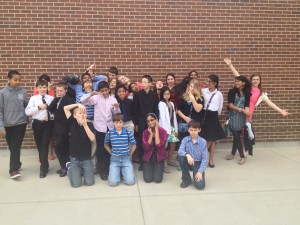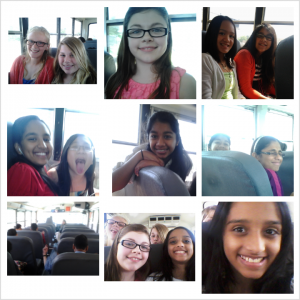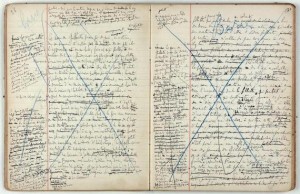** If you can hear someone talking while you’re reading or writing, your productivity dips by up to 66%.
** The average noise level in many classrooms is not just associated with impaired learning — but with permanent hearing loss.
** A 20 decibel increase in aircraft noise is enough to delay a student’s reading level by up to 8 months.
** 50% of teachers have experienced damage to their voice from talking over classroom noise.
Read the blogpost here: http://blog.ted.com/2013/04/24/9-ways-that-sound-affects-our-health-wellbeing-and-productivity/
from” “The 4 ways sound affects us”:
“The third way in which sound affects you is cognitively. You can’t understand two people talking at once (“If you’re listening to this version of”) (“me you’re on the wrong track.”) or in this case one person talking twice. Try and listen to the other one. (“You have to choose which me you’re going to listen to.”)
We have a very small amount of bandwidth for processing auditory input, which is why noise like this — (Office noise) — is extremely damaging for productivity.”



